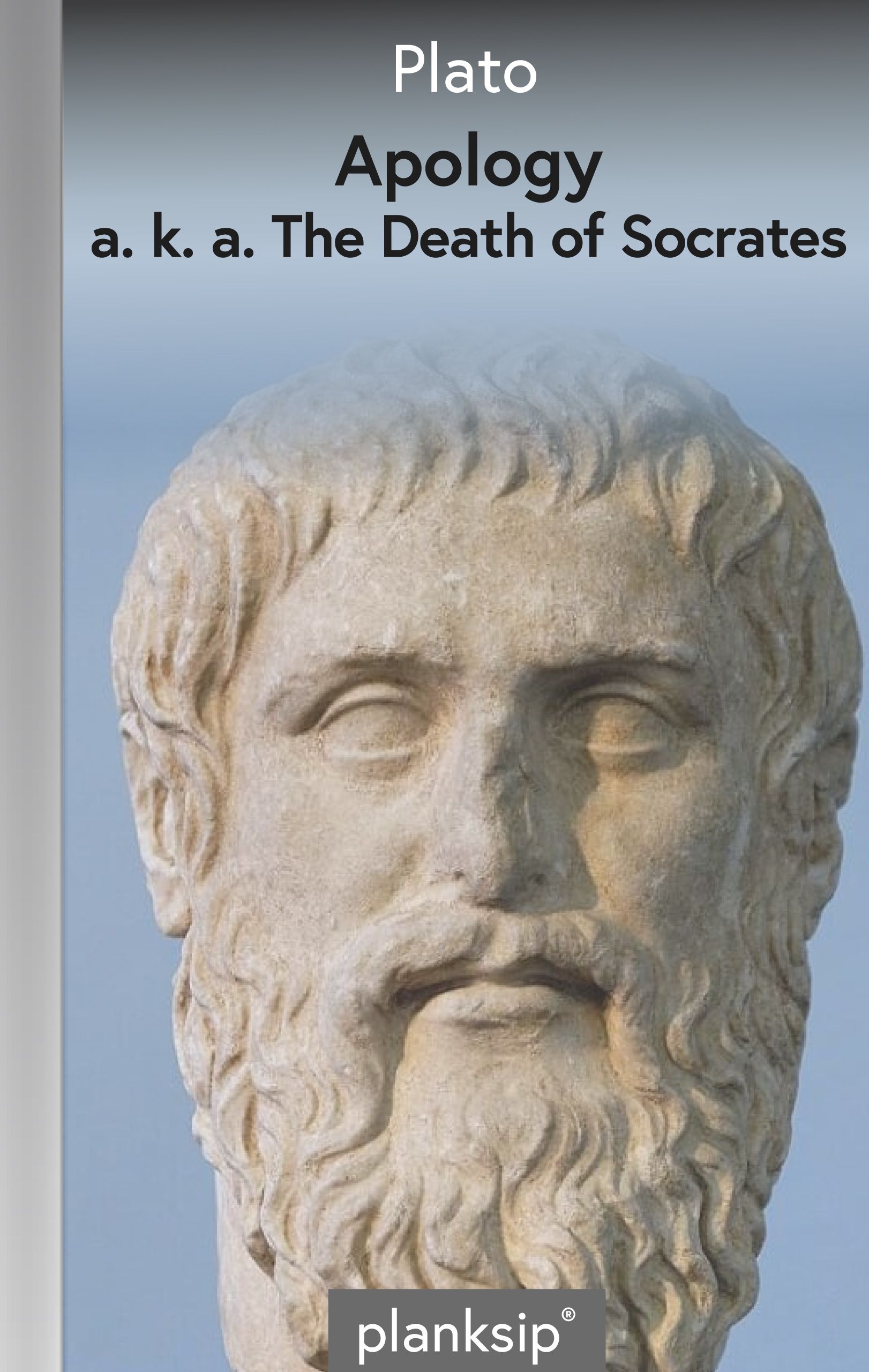A Critic's Meta-Review: 6/5

A Critic's Meta-Review: 6/5
And so we begin this new chapter in the bountiful life of planksip with what will soon certainly become a staple of your post-essay/story/novel/novella/epic completion supplemental analysis routine with a review of one of the most famous works in all of philosophy, a truly groundbreaking collection of revolutionary arguments moulded by none other than Plato himself, student of the originator (ol’ man So-crates), the great Apology of Socrates (Greek: Apología Sokrátous).
Well, it’s hardly an apology, I’ll tell you that much; indeed, you can scan the entire text backwards and front, yet you will still remain unable to find the words “I’m sorry” or “my bad” anywhere within it. This is likely because at the time this was written (around 399 B.C.), the Greek word “apologia” was used to denote a speech made in defence, usually in regard to some sort of legal situation, such as a trial. Even in modern times, when we attend a talk featuring a “Christian apologist,” we don’t come in expecting to see some elderly hotel manager from Reno, with a Bible in his hand, a cross around his neck, sitting in a chair with his head down, mumbling “I didn’t mean to hurt your feelings, guys” for an hour and a half—although such an event may perhaps generate more ticket sales than hosting some quack like William Lane Craig or, even worse, convicted felon Dinesh D’Souza.
So why would Plato be writing a legal defence? Did he get caught with a dime bag of that good sticky Mt. Olympus moss? No—and I am unsure if that’s what they called it, either. What gives, then? Well, for starters, some context: the Apología Sokrátous was written and published, as I mentioned previously, in 399 B.C. During this time, Plato’s beloved instructor, Socrates, was facing trial for impiety, which basically meant that he had developed his own personal spiritual practice instead of worshipping the state’s pre-approved deities. Plato thought this was a whole lot of baloney, so he wrote a little fanfiction to express his thoughts on the matter, and it ended up influencing virtually all of philosophy to come. This is because, as Socrates had never really gotten around to writing down his thoughts, Plato’s Apology is quite possibly the closest to a primary account of his philosophy in existence. Furthermore, it also provided a textual example of the Socratic method in action.
Overall, I’d say that reading this thing, even if you don’t care much about the Greeks and all of their antics, will still make you a stronger debater, and a better thinker, and will give you valuable insight into the foundations of the Hellenic culture—which is a Good thing.


